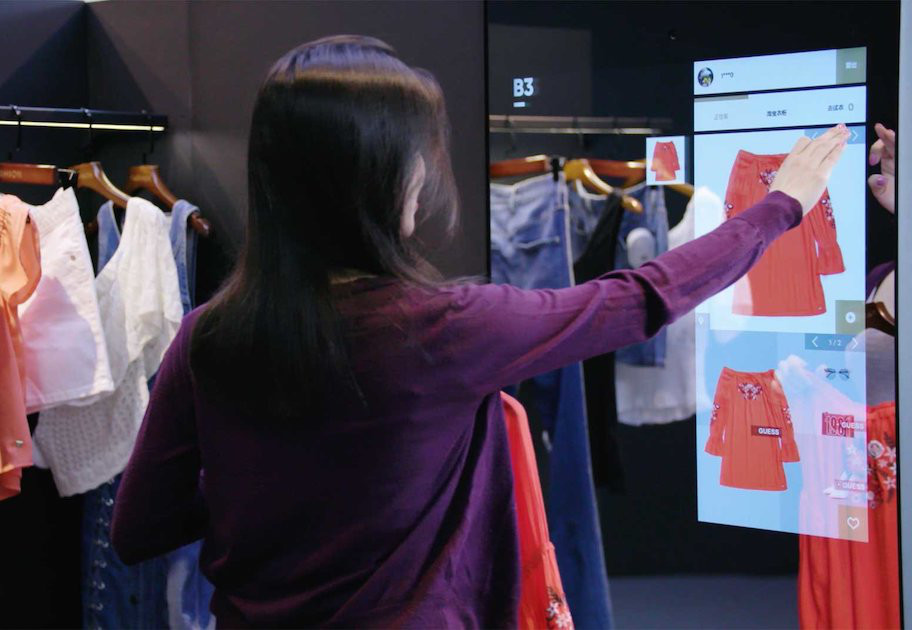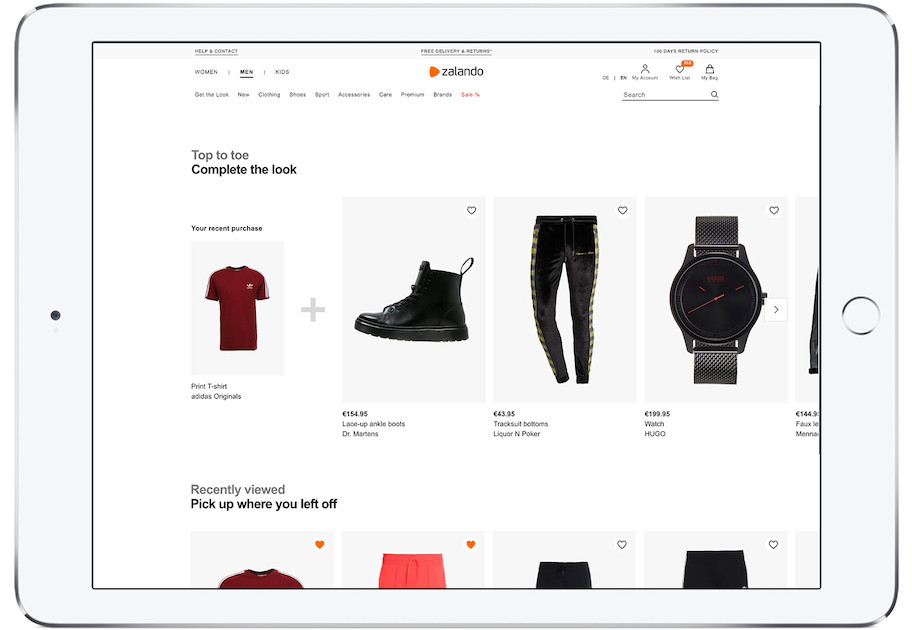For the time being, artificial intelligence - in which human intelligence and a multitude of tasks are imitated by machines - is science fiction. The reality is that narrow artificial intelligence in a very specific area is already very promising, if we believe Reiner Kraft, recently responsible for Zalando's technological strategy. On this fashion platform, online sales are largely driven by suggestions. It is possible to see exactly how many of the products were purchased on the basis of personalisation, and how many have been returned. In the coming years, it will be time for a further step by using artificial intelligence to build in a leverage effect. Zalando wants to increase its use for personalised offers. This is now based on style and other outfits that the customer already has. But to go deeper, more data and AI are needed. Kraft acknowledges that many companies mainly do what is in the interests of shareholders: increasing profits and turnover. Apart from the strict privacy regulations in Europe that companies have to comply with in any case, society is increasingly demanding a 'clear conscience' on the part of international business when it comes to using personal data. In the long term, the future will belong to companies with a clear conscience.
Guess' AI-focussed stores
AI experiments are also occurring in the physical domain. For example, Guess has recently partnered with Chinese e-commerce giant Alibaba to further develop their retail strategy with a focus on AI that includes the physical domain. Guess initially put a lot of work into AI as a front-end consumer-oriented tool. Mainstays of its AI-focussed shops are things like smart fitting rooms and 'magic mirrors' on which customers see additional product recommendations based on the items brought into the fitting room. The success of the front-end has encouraged Guess to integrate AI into the back-end so that it is now implemented throughout the business.
.png?width=641&height=253&name=Kega%20logo%20(white%20bg).png)



